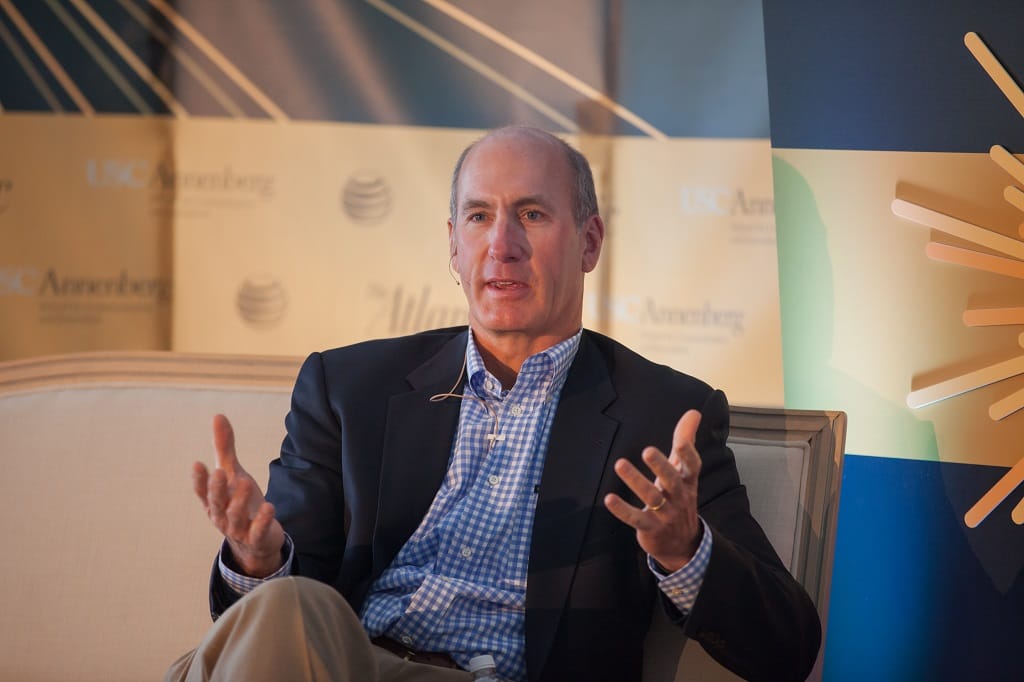Comments on Provider Deals in Buildings, AT&T Asks FCC for Midband Screen, Apple Suspends Child Protection Tool
FCC’s comment period for ISPs in buildings, AT&T requests screen on spectrum holdings, Apple reverts plan to scan phone images.

September 7, 2021 – The Federal Communications Commission said Tuesday that it is opening a new round of comments into its examination of competitive broadband options for residents of apartments, multi-tenant and office buildings.
The FCC’s Wireline Competition Bureau will be looking at three related issues: revenue sharing agreements between buildings and service providers to see if there are arrangements to inhibit competition; the second will explore exclusive wiring arrangements in buildings that precludes access to other providers; and the third will view exclusive marketing arrangements that creates confusion and lower choices for tenants, the release said.
“The new call for comments aims to better understand how the Commission can promote increased competition, consumer choice, and lower prices for Americans living and working in these buildings,” a Tuesday press release said.
The new round comes after a bill, introduced on July 30 by Rep. Yvette Clarke, D-New York, outlined plans to address exclusivity agreements between residential units and service providers, which sees providers lock out other carriers from buildings and leaving residents with only one option for internet.
“With more than one-third of the U.S. population living in condos and apartment buildings, it’s time to take a fresh look at how exclusive agreements between carriers and building owners could lock out broadband competition and consumer choice. I look forward to reviewing the record,” FCC Acting Chairwoman Jessica Rosenworcel said in the release.
AT&T asks for FCC to examine spectrum holdings
AT&T is asking the FCC to review mid-band spectrum holdings to ensure companies are not “stockpiling” or “warehousing” the spectrum to the detriment of competitive entrants.
The company filed a petition for rulemaking on September 1 to address the need for an examination into current holdings of the mid-band, which constitute crucial frequencies for 5G. AT&T said the FCC has thus far put in place similar measures, called “screens,” for the low and high band.
“The Commission should thus ensure continued mobile competition in the 5G era by conducting enhanced review of spectrum acquisitions that would cause a provider to hold more than one-third of unpaired mid-band spectrum,” the company said in its application.
Apple reverts plan for child safety tools: report
Apple said Friday that it is suspending its plans to scan users iPhones for child abuse material, according to CNN.
The company announced in early August that its “NeuralHash” tool would scan users’ images before they are uploaded to its cloud storage function, iCloud. The plan was intended first as a test run.
But privacy advocates contended that the tool “could suffer from a mission creep and be expanded to detect other kinds of content that could have political and safety implications.”
As a result of the concerns, the company said it would pause testing of the tool to get more feedback and make improvements, the CNN report said.
The news comes Congress wrestles with online protections for children. Democrats in the two chambers have called for big technology companies to enforce stronger online protections for underage users. Advocates have also pushed for stronger protections to be implement in law.
One requested change is to increase the age for privacy protections from under 13 to 13 years and older in existing legislation known as the Children’s Online Privacy Protection Act.








